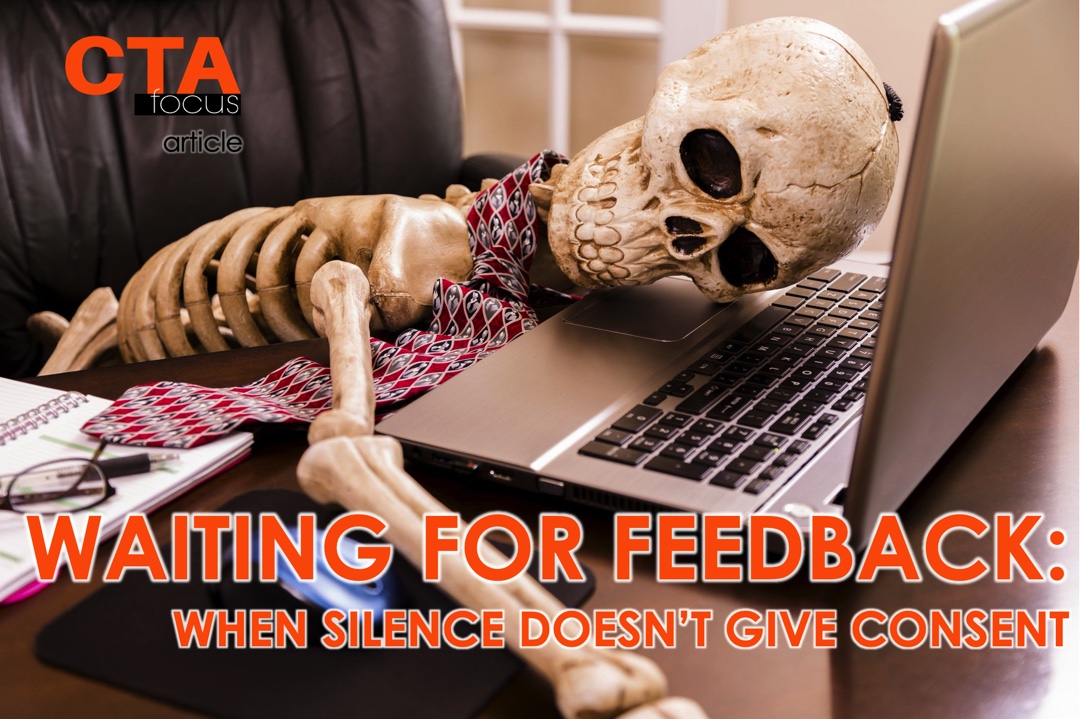
EU Clinical Trial Regulations Update
Important change on the EU clinical trial market is expected by 31 January 2022 - updated EU Clinical Trial Regulations will come into effect. According to the European Commission, the EU portal and the EU database fulfilled the conditions of full functionality, and the systems meet the required functional specifications to build up the unique Clinical Trials Information System (CTIS).









